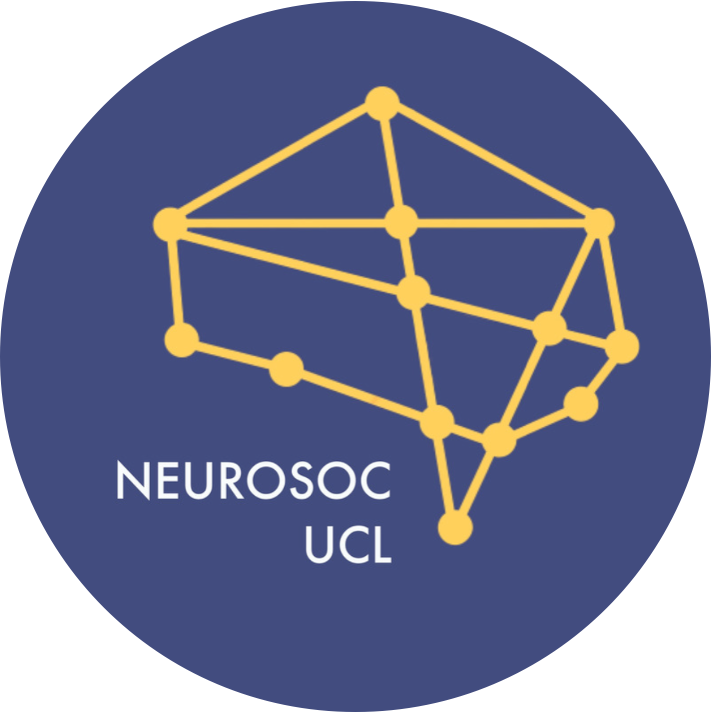

Insights From Computational Psychiatry by Prof Ray Dolan
The notion that we form an internal model of the world provides a powerful framework to explain how our brain deals efficiently with noisy and ambiguous sensory and interoceptive information, as well as how we should act in the world. Understanding the complex processes that support our remarkable facility for creating, and exploiting, mental models is a formidable challenge in neuroscience. Arguably, the first person to articulate a well-defined notion of a mental model was Kenneth Craik, in an influential text “The nature of explanation”, published in 1943. Here Craik made a powerful case that mental models endow organisms with a capability for prediction, simulation and appropriate memory access. Prof. Ray Dolan will consider the notion of mental models from a neurobiological perspective guided by this general framework. The best evidence, from animal and human work, indicates that building and updating a mental model involves the functions of the hippocampus and related structures, as well as ventro-medial prefrontal cortex (vmPFC). Here the notion of neural replay has assumed increasing importance. He will consider this physiological mechanism as revealed in recent human studies, where the evidence indicates that replay is not only involved in updating a cognitive model but also contributes to inference and generalisation of experience. Finally, he will address evidence that a dysregulation in neural replay contributes to the expression of psychopathology, with a focus on schizophrenia.

Prof Semir Zeki - The Neurobiology of Beauty
In one of the most famous definitions of beauty, the Anglo-Irish philosopher and statesman wrote that, “Beauty is, for the greater part, a property of bodies that acts mechanically upon the mind through the intervention of the senses". Of the three pillars of that definition, two are related to the brain (mind and intervention of the senses).
I propose to explore Burke's definition from a neurobiological perspective and, through it, propose a single fundamental and brain-based characteristic to the experience of beauty, one which is independent of source (i.e. whether musical or visual), culture, education and ethnic background. Experiencing something as beautiful naturally involves making a judgment, and I will show that the neural pathways engaged during aesthetic judgments are distinct from those engaged in cognitive judgments.
